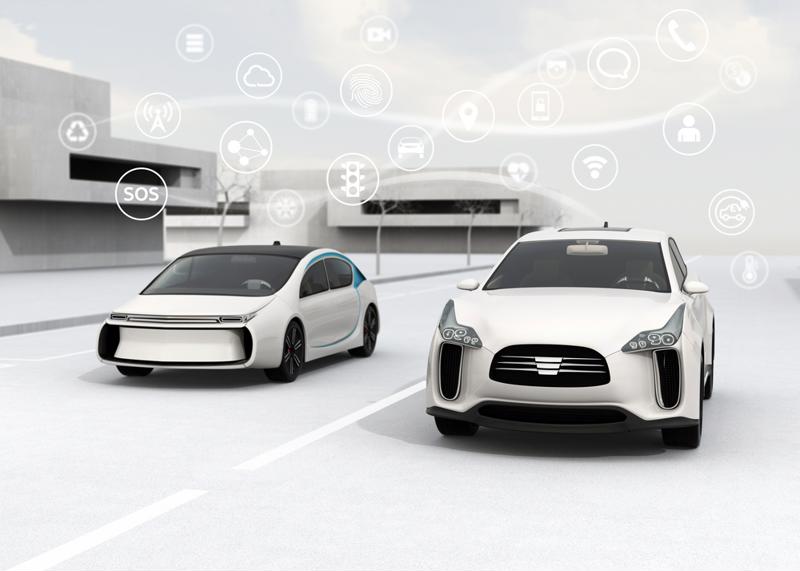

Autonomous cars are the way of the future. From Tesla's deep learning approach and self-driving cars to an Israeli startup's dashboard-mounted SWIR (shortwave infrared) camera that can navigate cars through any kind of weather, this technology is not going away anytime soon. But how safe are they for drivers?
The challenge of self-driving cars
While Google, Uber and big-tech companies' CEOs have been promising self-driving cars for the masses "very soon," automotive officials are now reporting that they have "overestimated" the timeframe in which this technology will be commercially viable, according to The Huffington Post.
One of the main challenges with this technology revolves around issues with the very autonomous nature of the vehicles. For example, in 2018, one of Uber's self-driving cars killed a woman in Arizona, while four Tesla drivers were killed while using the autopilot feature since 2016.
To put this challenge into perspective, a 2016 study found that these cars must log 275 million miles without any fatalities to showcase a safety level close to human drivers. Alphabet's autonomous-driving car company Waymo - which has not had a fatal accident - has only driven 10 million miles. It seems that the completely autonomous car of the future may be a little farther away than people think it is.

Autonomous systems and driver misconceptions
Fully autonomous cars may be a few years away, but many current drivers see the clear benefits of having cars with advanced driver assistance systems, such as lane-keeping assist, autonomous braking and blind-spot monitoring. Despite these drivers' confidence in modern systems, some of these drivers may experience a false sense of security.
According to a 2018 AAA study, almost 80 percent of drivers with blind spot monitoring systems did not know about the limitations of the technology and even falsely believed the system would be able to effectively detect cars passing at fast speeds or could easily spot cyclists or pedestrians.
In contrast to driver perceptions, the technology primarily detects vehicles traveling in a car's blind spot, not pedestrians or cyclists. Additionally, the study found that many drivers falsely believed their forward collision warning would apply brakes in an emergency, even though it only provides a warning signal. Around 1 in 6 respondents did not know if their vehicle had autonomous emergency braking.
Autonomous braking systems and other autonomous technologies are the way of the future and will benefit future drivers. Even so, misconceptions and a lack of understanding could lead to careless driving or drivers who are not fully aware of their cars' capabilities.
"When properly utilized, ADAS technologies have the potential to prevent 40 percent of all vehicle crashes and nearly 30 percent of traffic deaths. However, driver understanding and proper use is crucial in reaping the full safety benefits of these systems," said Dr. David Yang, executive director of the AAA Foundation for Traffic Safety. "Findings from this new research show that there is still a lot of work to be done in educating drivers about proper use of ADAS technologies and their limitations."
Despite these potential shortcomings, The New York Times argues that there is "no question" that these types of assisting technologies keep drivers safer overall. To illustrate, a Subaru executive revealed that pedestrian-related insurance claims fell by 41 percent in 2018 with the rise of their second-generation EyeSight system.
Even though fully self-driving cars may still be many years away, it seems that autonomous braking systems and other technologies may be helping prepare drivers for what is to come, keeping them safer along the way.
Want to be confident that your braking system is working properly? Turn to Greening Associates for a complimentary brake testing consultation today.